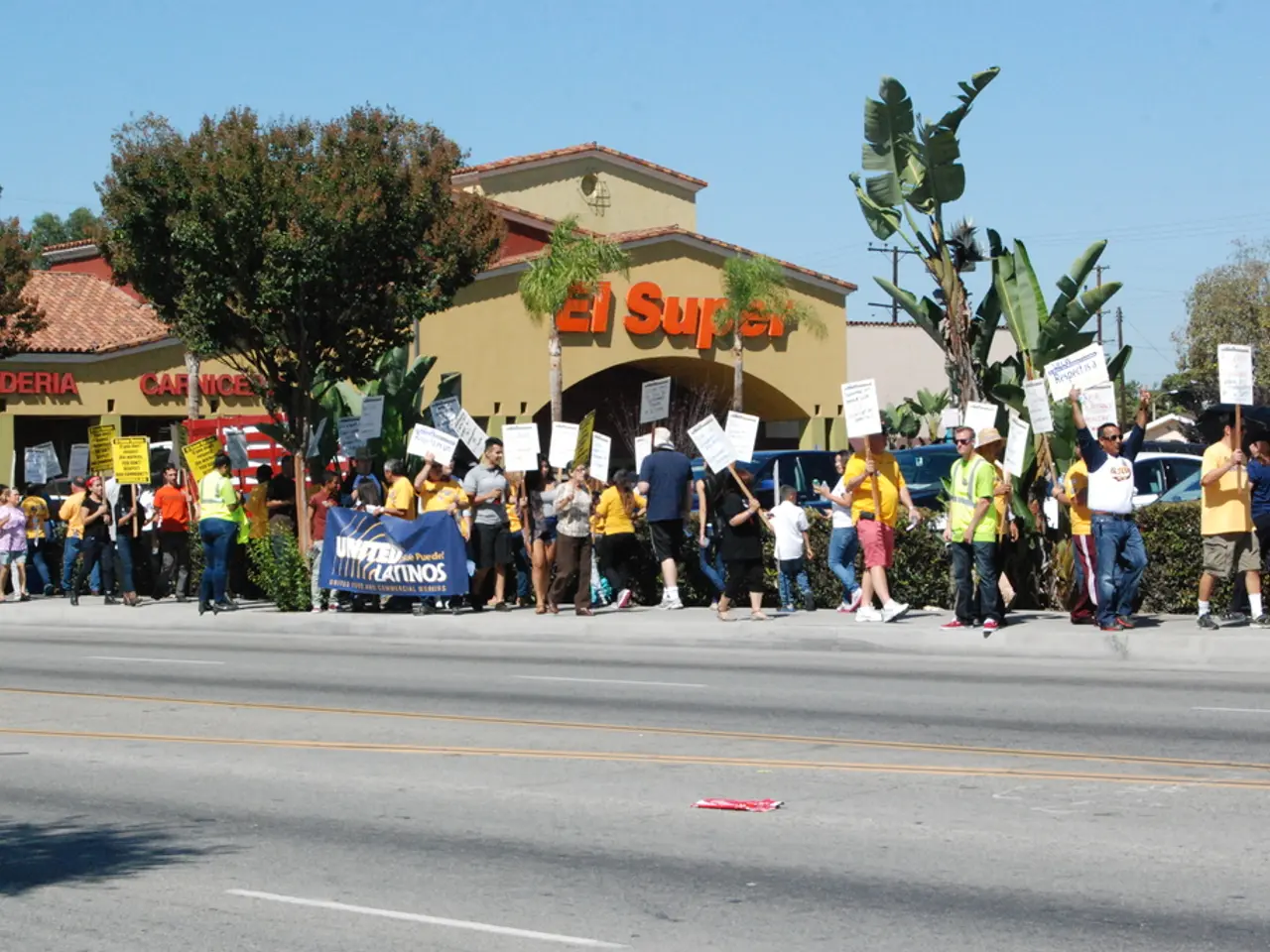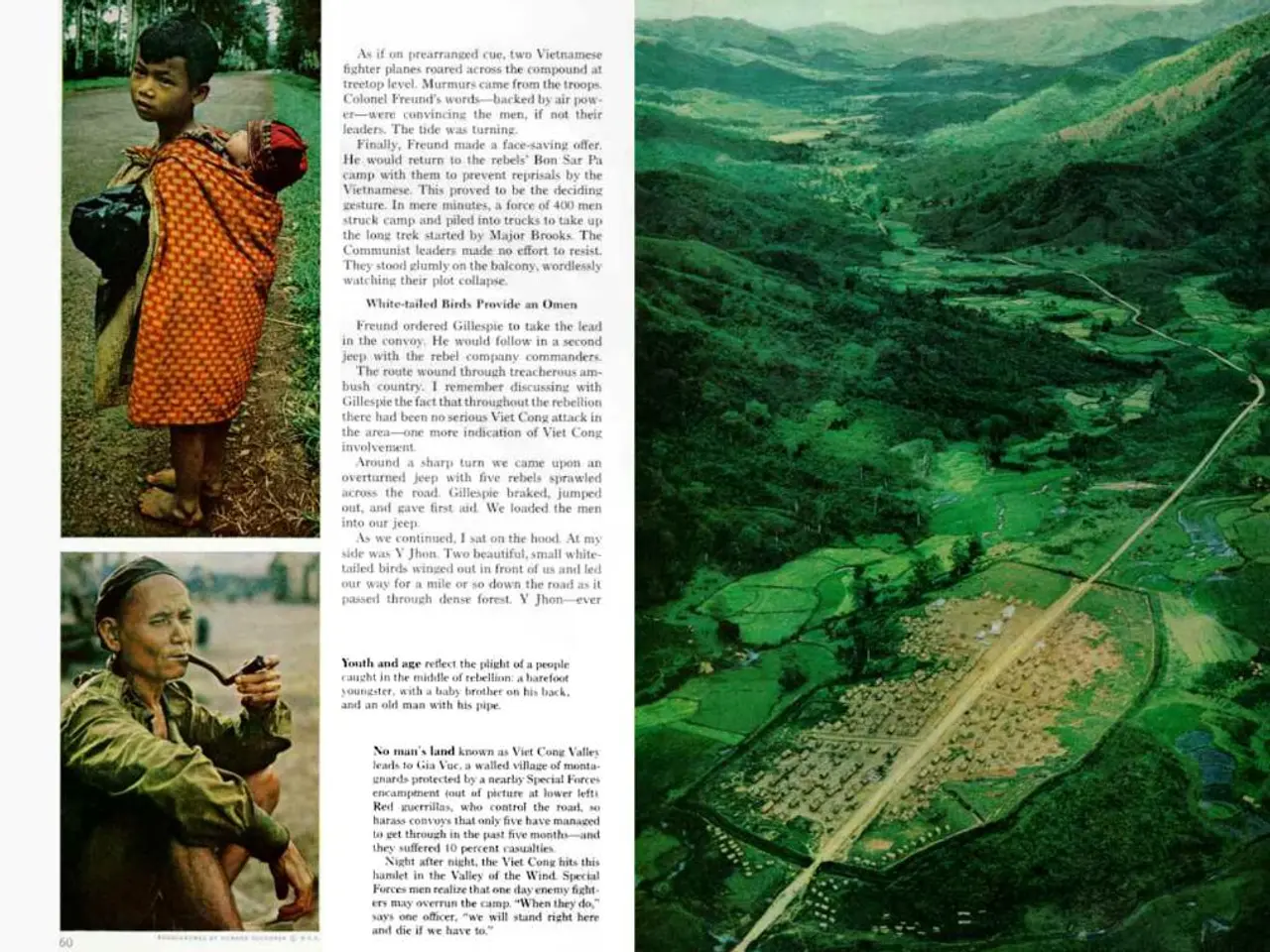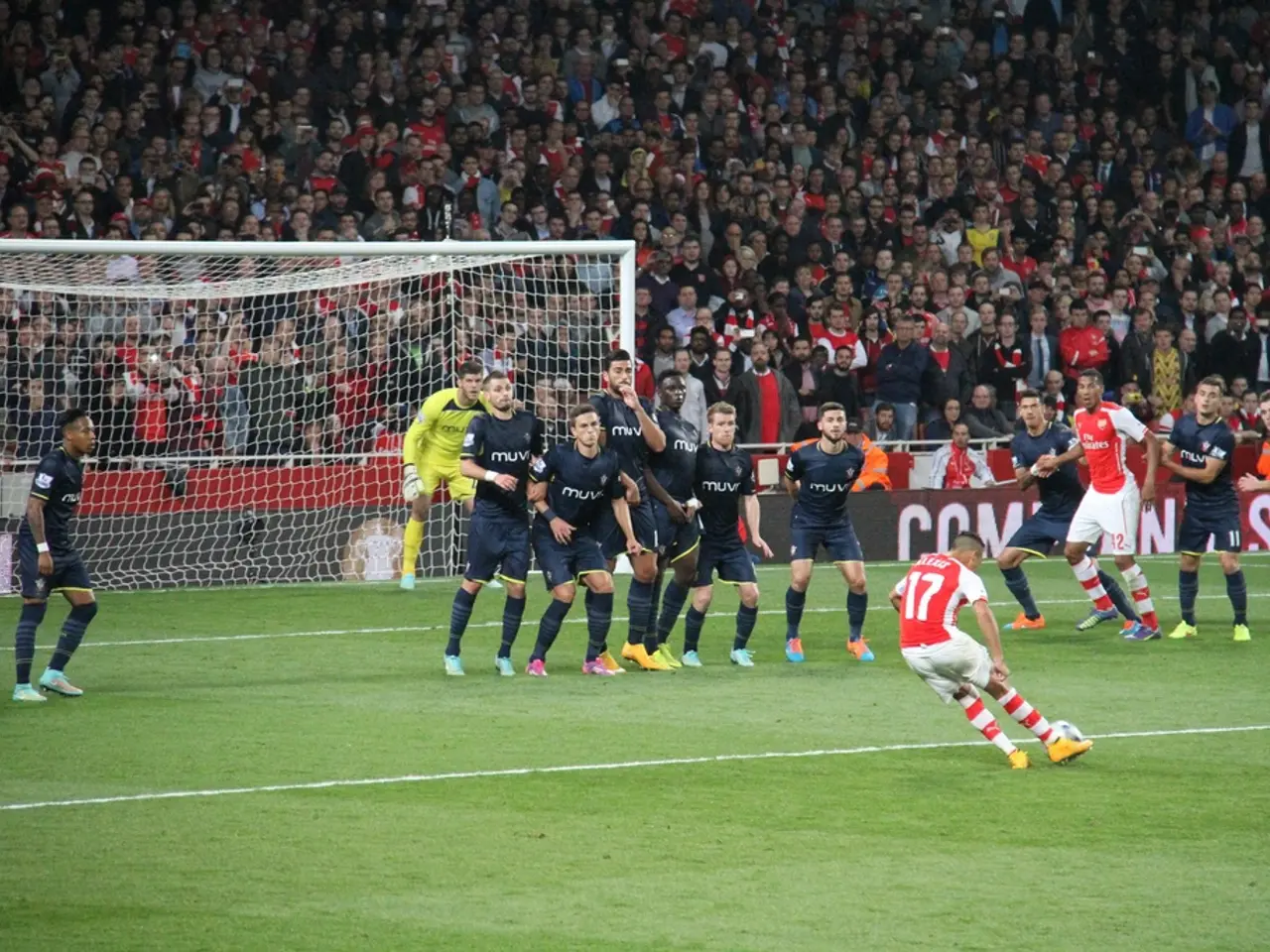The 1979 Revolution's Impact on the Transformation of Iran
In his latest book, "King of Kings: The Iranian Revolution: A Story of Hubris, Delusion and Catastrophic Miscalculation", author Scott Anderson delves into the blunders made by American policymakers during the Iranian revolution of 1979.
The revolution, which deposed the reigning monarch of Iran and transformed the country into an Islamic Republic, is a significant historical event in the relationship between Iran and the United States.
Anderson identifies several key blunders by American policymakers leading up to and during the revolution. One of these blunders was the overestimation of the Shah's strength and popularity. American policymakers, especially under President Jimmy Carter, greatly overestimated the Shah's ability to maintain control over Iran and underestimated the depth of domestic opposition against him.
Another major blunder was the cluelessness of the CIA and intelligence failures. The CIA failed to accurately assess the revolutionary sentiment within Iran, missing key indicators like the Tabriz riots and student protests that signaled the regime’s weakening legitimacy.
The U.S. also backed the Shah’s police state, which, despite having the world’s fifth-largest military, fomented deep resentment through repression and brutality. This support alienated many Iranians and helped fuel revolutionary fervor.
American officials also failed to grasp the appeal and ideological power of Ayatollah Khomeini and the religious-nationalist movement. They wrongly saw the revolution as an ideological or communist insurgency rather than a contingent, accidental event.
Carter’s ambitious and optimistic foreign policy, including strong arms sales to the Shah, was out of touch with the nuanced realities on the ground and contributed to catastrophic miscalculations. The U.S. ignored the legacy of foreign interventions, such as the 1953 coup, and the existing societal fractures, which left the American approach simplistic and doomed to failure.
Overall, Anderson portrays the revolution as a series of contingent events shaped by policy misjudgments, intelligence failures, and an underestimation of religious nationalism, rather than an inevitable historical inevitability. This led to a profound American blunder resulting in the fall of the Shah and the rise of the Islamic Republic.
Scott Anderson's "King of Kings" provides an in-depth examination of the Iranian revolution of 1979, focusing on the mistakes made by American policymakers and the profound impact they had on the relationship between Iran and the United States.
Meanwhile, David Bianculli is reviewing the new HBO documentary, "Billy Joel: And So it Goes". The documentary is not related to the Iranian revolution of 1979.
In addition to "King of Kings", Scott Anderson has a new book in the works, offering an analysis of the aftermath of the Iranian revolution of 1979.
In Scott Anderson's upcoming book, he promises to delve further into the consequences of the misjudgments made during the Iranian revolution of 1979, exploring the impact on the relationship between Iran and the United States in the realm of 'politics' and 'general-news'. As 'ira' navigates through this historical lens, the spotlight also shifts towards the intelligence failures that took place, raising questions about the ability of 'war-and-conflicts' experts to accurately assess revolutionary sentiments within nations.







